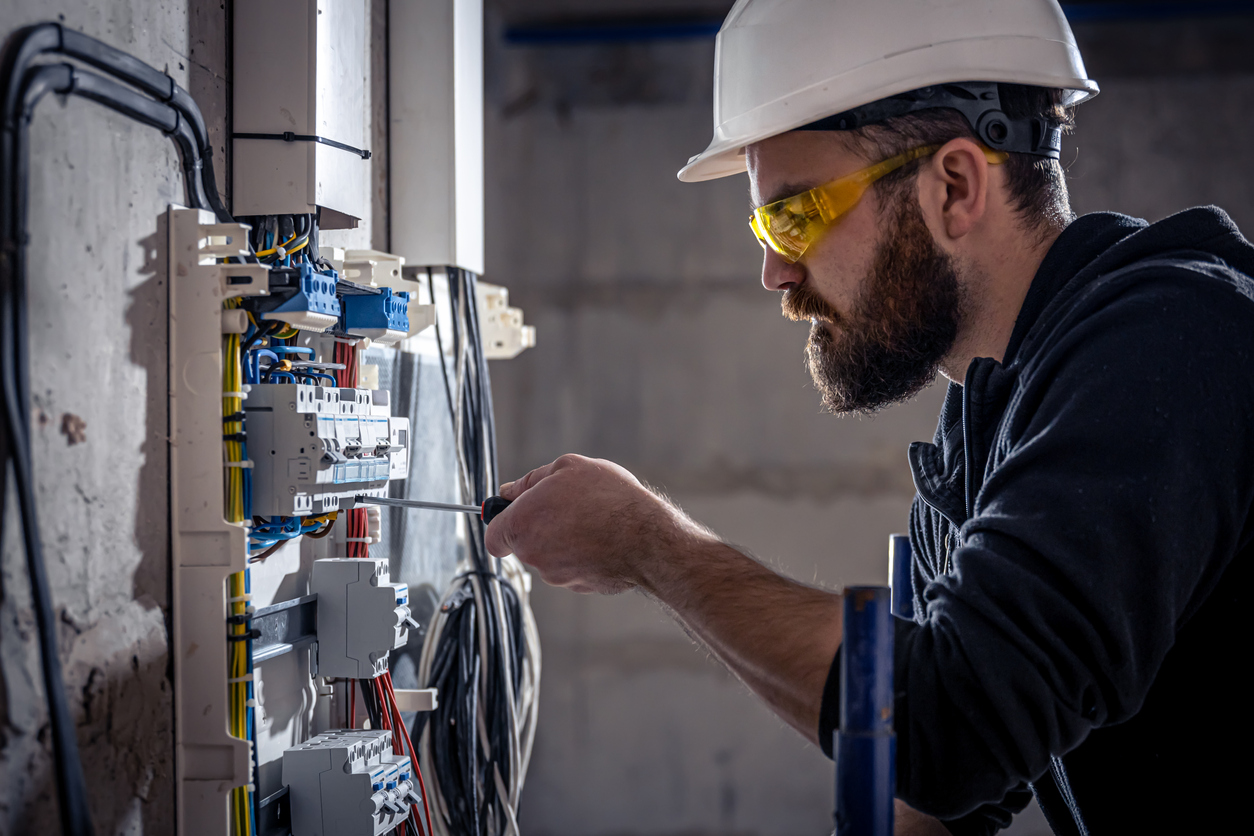Electricians play a crucial role in our modern society, serving as the backbone of residential, commercial, and industrial electrical systems. Their expertise ensures that homes are powered safely and efficiently, while businesses can operate without interruption. From installing lighting fixtures to troubleshooting complex wiring issues, the work of electricians is indispensable and often taken for granted until something goes awry. Understanding their role not only highlights the importance of their craft but also sheds light on the various specialties within the field.
As technology continues to evolve, the demand for skilled electricians has never been greater. With the rise of smart homes, renewable energy solutions, and energy-efficient systems, electricians must continuously update their knowledge and skills to keep pace with industry advancements. This article explores the essential responsibilities of electricians, the training and licensing requirements, and the trends shaping the future of the profession. Whether you’re considering a career as an electrician or simply want to understand more about this vital trade, there’s much to discover about the electrifying world of electrical work.
Essential Responsibilities of Electricians
Electricians are tasked with a range of responsibilities that ensure the safe and efficient use of electricity. They install, maintain, and repair wiring systems, circuit breakers, and other electrical components while adhering to local and national safety codes. Additionally, electricians are often called upon to troubleshoot electrical issues, requiring keen analytical skills and a vast knowledge base. For those in specialized fields, such as commercial or renewable energy systems, the complexity of their work can increase significantly. As cities grow and energy demands evolve, professionals like an electrician in bondi take on diverse projects that cater to modern needs, from smart grid installations to energy efficiency upgrades.
 Training and Licensing Requirements
Training and Licensing Requirements
To pursue a career in this vital trade, aspiring electricians must undergo rigorous training and obtain the necessary licenses. Typically, the pathway includes a combination of classroom education and hands-on apprenticeships, where individuals gain practical experience under the supervision of licensed electricians. Training programs often cover topics like electrical theory, safety practices, and local building codes, ensuring that new electricians are well-equipped to handle various challenges in the field. Furthermore, securing a license not only demonstrates knowledge and competency but also instills trust in clients, which is essential for building a successful career in the electrical industry.
In conclusion, electricians are not just skilled tradespeople; they are vital contributors to the infrastructure of our daily lives, ensuring that we have access to safe and reliable electricity. As they navigate the complexities of both traditional and modern electrical systems, their continuous education and adaptability to new technologies will shape the future of energy consumption and efficiency. The challenges posed by emerging innovations, such as smart technologies and renewable energy sources, highlight the need for electricians who are not only technically proficient but also forward-thinking. Recognizing the significance of their work encourages a greater appreciation for the expertise behind the systems that power our homes, businesses, and communities, ultimately reinforcing the indispensable nature of this profession.

Leave a Reply